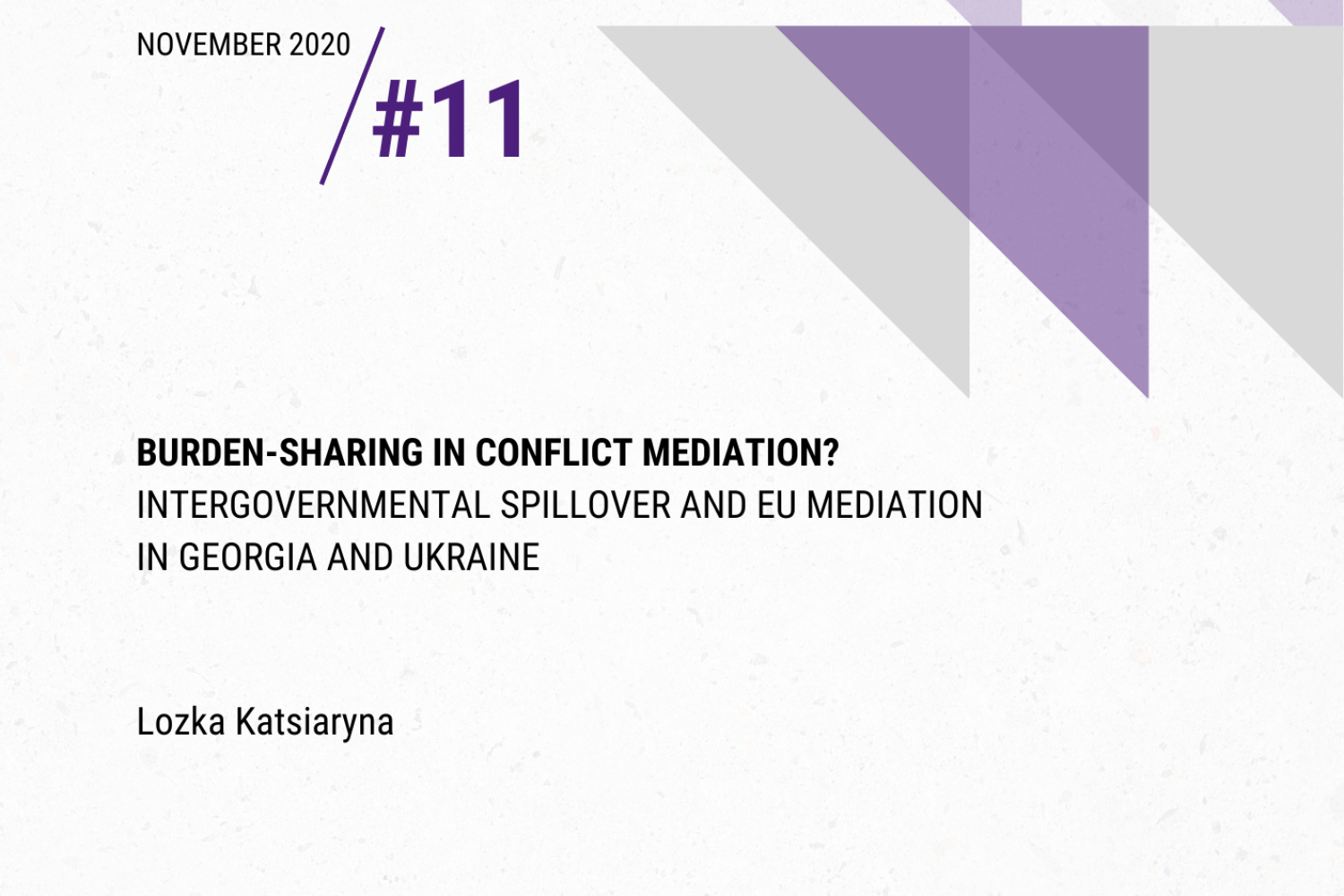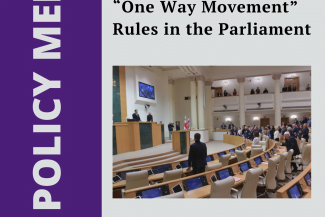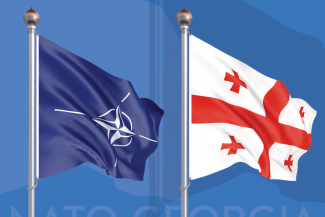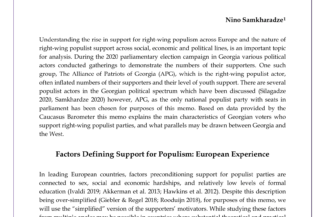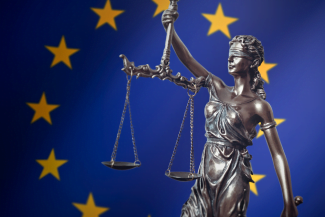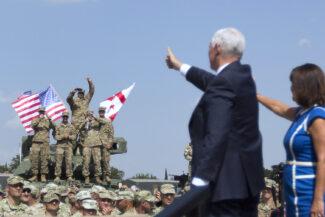06-11-2020
Working Paper, November 2020 / #11
Over the last two decades the European Union (EU) has been criticised for its rather limited role as a security actor in the conflicts in its Eastern neighbourhood, prioritizing the areas of “low politics” (Popescu 2010). It has partly been explained by the intergovernmental foreign policy and lack of a united stand versus Moscow. How do these constraints impact EU activities as a mediator and what role does the EU play in conflict mediation?
This working paper questions the widespread idea that intergovernmental setup of the EU foreign policy making, and inter-state divides hamper the Union’s ability to foster peace beyond its borders. It aims to uncover the EU’s role in conflict mediation in Georgia and Ukraine by (1) examining to what extent the theoretical approach of liberal intergovernmentalism can explain EU involvement in peace mediation; (2) focusing on the added value of EU actors in conflict mediation; and (3) explaining role-sharing between the EU and its member states acting in their individual capacities in conflict mediation.
The paper argues about complementarity between the EU and its member states which can be observed across the conflict cycle (the case of Georgia) and around the mediation format (the case of Ukraine). It also emphasizes the need to further clarify role-sharing between the EU and its member states and capitalize on the potential of the member states in a more effective and coordinated manner. In particular, institutionalisation of information flows could address the problem of information asymmetry between the EU and its member states. Moreover, further reflection on the “division of labor” between the EU and its member states is needed to effectively cultivate the member states’ attachment to the practice of conflict mediation and jointly tackle the problem of national ownership.
Methodologically, the paper relies on theory-driven process-tracing and qualitative interviews.


